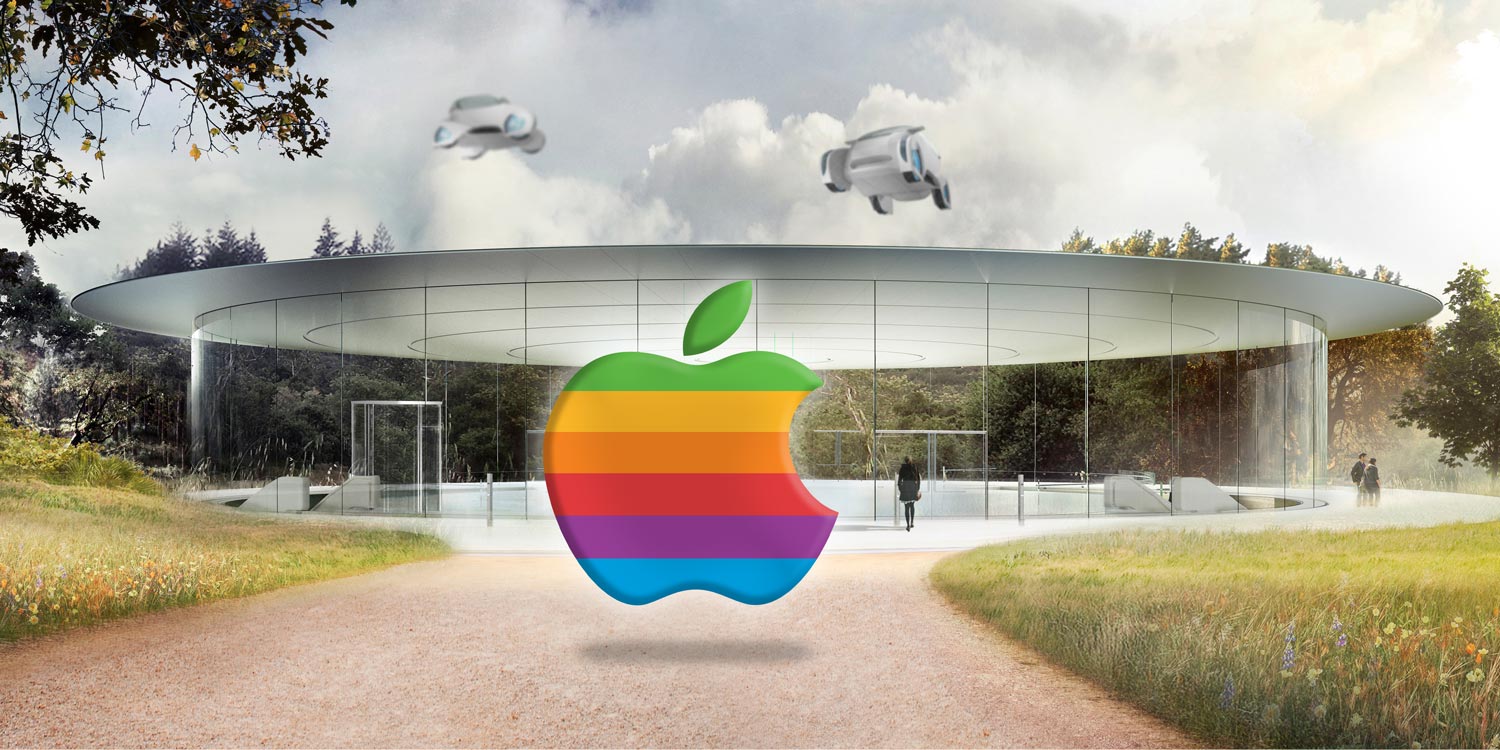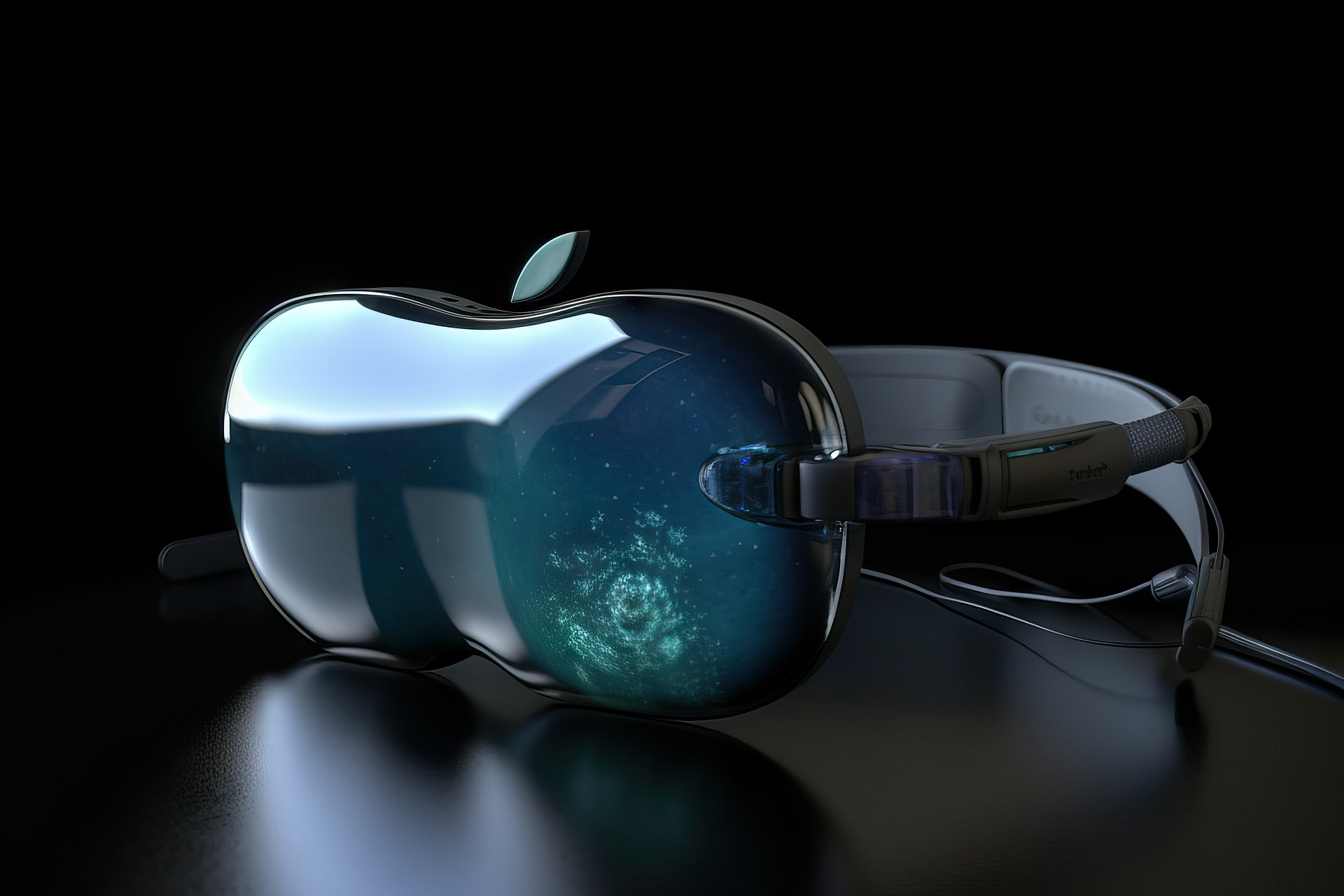The Future of Apple: Innovation, Challenges, and Opportunities
Apple Inc. has long been recognized as a leader in the tech industry, revolutionizing everything from smartphones to wearable devices. But what does the future hold for this iconic company? As technology continues to evolve, Apple faces both exciting opportunities and significant challenges. In this article, we will explore the future of Apple, the innovations it is pursuing, potential roadblocks, and how the company plans to remain at the forefront of the tech world.

Apple’s future lies in its ability to innovate and adapt to changing technology trends.
1. Innovation at the Heart of Apple’s Strategy
Apple has built its reputation on innovating at the intersection of hardware, software, and services. From the introduction of the iPhone to the game-changing Apple Watch, the company has always been known for pushing the boundaries of what’s possible. Moving forward, innovation will continue to be the core of Apple’s strategy.
The Rise of Augmented Reality (AR)
Apple has been investing heavily in augmented reality (AR), and the future of AR looks promising for the company. Rumors surrounding an Apple AR headset or glasses have been circulating for years, and many believe that Apple could soon unveil a product that will redefine how we interact with the digital world.
- Why AR matters: AR is expected to transform how we engage with technology, from entertainment to education and beyond. Apple has the opportunity to lead this shift, providing immersive experiences across a range of industries.
- Apple’s AR strategy: Apple has already integrated AR into its ecosystem through apps like ARKit, and the company has patented several AR-related technologies. The launch of an AR headset could be a game-changer.
Apple’s Venture into Electric Vehicles (EVs)
In addition to AR, Apple is also rumored to be working on its own electric vehicle (EV), known as the Apple Car. While details remain scarce, the project, codenamed Titan, has been the subject of much speculation.
- The potential for disruption: Apple has disrupted multiple industries in the past, and the automotive industry could be next. With its focus on user experience and design, Apple’s entry into the EV market could redefine how consumers view electric vehicles.
- Challenges ahead: Apple would face significant competition from established automakers like Tesla, but the company’s brand and technological expertise could allow it to carve out its own niche in the EV market.

Apple’s future innovations could include the launch of new devices and a focus on sustainability.
The Evolution of Wearables and Health Tech
Apple has made significant strides in the wearables and health tech space, particularly with the Apple Watch. The company is likely to continue expanding its efforts in healthcare technology, making it a key pillar of its future business.
- Apple Watch and health: With the ability to monitor heart rate, ECG, and blood oxygen levels, Apple is positioning its devices as essential health tools. In the future, we may see more advanced health monitoring features, including blood sugar monitoring and mental health tracking.
- Expanding healthcare offerings: Apple has already partnered with healthcare providers to offer health-related services, and this is expected to grow. The integration of wearables with health data could lead to a more personalized approach to wellness.
2. Sustainability and Environmental Goals
As climate change becomes an ever-more pressing issue, companies are increasingly expected to take responsibility for their environmental impact. Apple has long been committed to sustainability, and this focus is only expected to grow in the future.
Apple’s Green Initiatives
Apple has been a pioneer in implementing green technologies, aiming to make its products and operations carbon neutral by 2030. Here are some of the key sustainability goals for Apple:
- Carbon neutral by 2030: Apple has committed to eliminating its carbon footprint across its entire supply chain, from product manufacturing to transportation.
- 100% recycled materials: Apple is working to make its products using entirely recycled materials, aiming to reduce the need for raw resources and decrease its environmental impact.
- Clean energy: Apple’s commitment to renewable energy has already seen the company power its global operations with 100% renewable energy.
These initiatives not only benefit the environment but also position Apple as a leader in sustainable business practices. As consumers become more eco-conscious, Apple’s focus on sustainability could further strengthen its brand loyalty and appeal.
Circular Economy and Product Life Cycle
Apple’s commitment to a circular economy is another step toward ensuring that its products have a minimal environmental impact. The company has made efforts to design products that are easier to recycle and reuse, and to encourage customers to trade in old devices.
- Apple Trade In: This program allows users to trade in their old Apple devices for credit toward new ones, encouraging product recycling and reducing e-waste.
- Future of product design: Apple is expected to continue innovating in product design with a focus on repairability and longevity, reducing the need for frequent replacements.
3. Challenges Ahead for Apple
While Apple’s future looks promising, the company will face several challenges in maintaining its position as a market leader. These challenges will require careful strategy and innovation.
Intensified Competition
Apple’s primary competitors, such as Samsung, Google, and Microsoft, are constantly innovating and challenging Apple’s dominance, particularly in areas like smartphones, operating systems, and wearables. The smartphone market is becoming increasingly saturated, making it more difficult for Apple to achieve the same growth rates it has enjoyed in the past.
- Competition in AR: Companies like Microsoft with its HoloLens and Facebook (Meta) with its Oculus VR headsets are also competing in the AR and VR space, where Apple hopes to make a big impact.
Privacy and Security Concerns
Apple has built its brand around privacy, offering features like App Tracking Transparency and end-to-end encryption. However, as cyber threats become more sophisticated, Apple will need to continue to invest in security and privacy to protect its customers.
- Future security challenges: Apple will need to stay ahead of the curve in providing advanced security measures to ensure the safety of user data across its growing ecosystem of devices and services.
Global Supply Chain Disruptions
Apple’s supply chain is integral to its success, but recent disruptions—such as those caused by the COVID-19 pandemic—highlight the vulnerabilities in global supply chains. The company may need to adapt by diversifying its suppliers and increasing manufacturing capacity in different regions.
- Localization of production: Apple has already started to move some of its manufacturing out of China, and this trend may continue as it seeks to mitigate risks and ensure the stability of its supply chain.

Apple’s future will be shaped by continued innovation and adaptation to market forces.
4. The Role of Artificial Intelligence (AI)
Artificial intelligence (AI) is set to play a huge role in shaping Apple’s future. With AI integrated into everything from Siri to photo recognition and health tracking, AI technology will continue to be a cornerstone of Apple’s software and hardware ecosystem.
AI and Automation in Devices
Apple is already using AI to improve its products and services, and the future promises even more integration of machine learning and AI technologies. These include smarter personal assistants, more advanced face recognition technology, and AI-driven insights in healthcare.
- AI in software: Expect more intuitive software features powered by AI, such as improved voice recognition and predictive text.
AI in AR/VR and the Metaverse
As Apple ventures further into AR and the metaverse, AI will play a pivotal role in delivering immersive experiences and intelligent interactions. The combination of AR and AI could take digital experiences to new heights, offering more personalized and engaging content.
5. FAQs about the Future of Apple
Q1: What are Apple’s plans for the next decade?
Apple’s future plans likely include the expansion of AR technologies, electric vehicles, and continued innovation in healthcare and wearables. Sustainability will also play a key role as Apple works toward its goal of becoming carbon neutral by 2030.
Q2: Will Apple continue to dominate the smartphone market?
While Apple faces stiff competition from companies like Samsung and Google, it is expected to continue leading the market with new innovations, especially in areas like AR and 5G technology.
Q3: What role will AI play in Apple’s future?
AI will be integral to Apple’s product development, from smarter devices to advanced health and personalization features. Apple’s AI-powered tools will enhance everything from security to user experience.
Conclusion
The future of Apple is filled with exciting possibilities. From AR and EVs to advancements in AI and sustainability, Apple is well-positioned to lead the next wave of technological innovation. While challenges exist, Apple’s focus on design, innovation,
and user experience will help it continue to thrive in an ever-changing market.
By staying ahead of the curve, adapting to new trends, and addressing its challenges head-on, Apple will likely remain a dominant force in the tech industry for years to come.
For more updates on Apple’s future plans, visit Apple’s Official Website.
